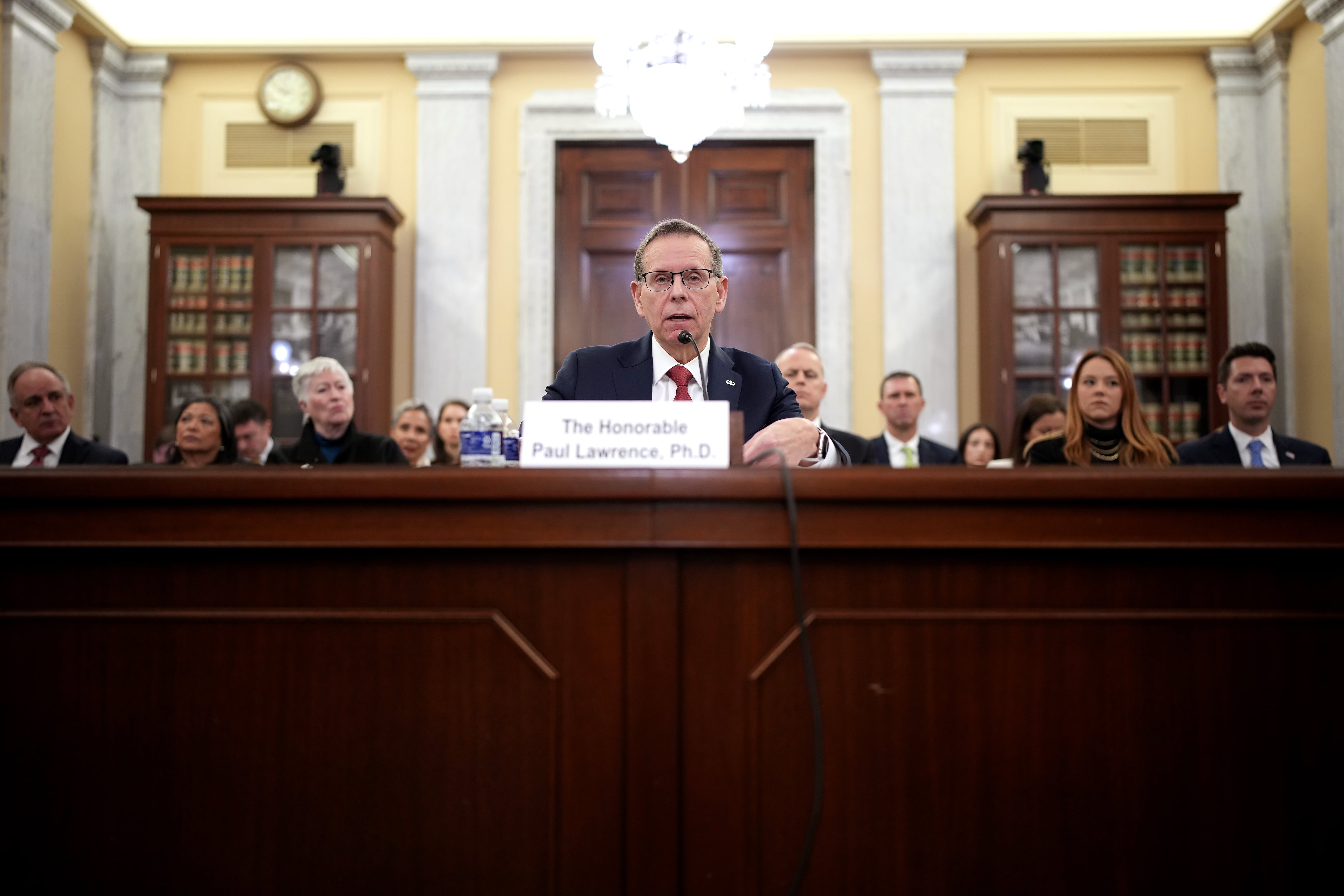Consumer advocates are reminding veterans that you don’t have to pay someone to file disability claims.
“Some dishonest businesses set their sights on the monetary benefits veterans get for their service, especially with the passing of the PACT Act, which expands VA benefits and health care for veterans exposed to burn pits and other toxic substances,” wrote the Federal Trade Commission in a recent consumer alert.
“Scammers also try to get in your good graces by emphasizing — maybe even stretching the truth about — their time in service,” the alert stated.
That could mean a hefty financial burden for veterans, said Marty Callaghan, deputy director of benefits and claims services for the American Legion.
“I’m glad the FTC did that, because these folks are out for profits,” Callaghan said. “They charge too much money for their services, especially when veteran service organizations like the American Legion, VFW and DAV and the others can provide these services for free.”
For the last fiscal year, the American Legion alone helped veterans get $16 billion in benefits, Callaghan said. “Multiply that by all the other veteran service organizations,” he added.
The VA can help veterans find a VA-recognized organization or a VA-accredited individual to help them file a claim. The VA advises veterans to ask up front whether they will have to pay any money.
In some cases, predatory companies charge 500% to 600% of the monthly benefit the veteran receives. So if, for example, a veteran receives a monthly benefits increase of $1,000, the veteran would owe the company $5,000 to $6,000 “right off the bat,” he said. Veterans sign a contract, but may not realize the cost.
“We’re working with Congress and other veteran service organizations to try to get this problem taken care of. It’s gotten worse since the pandemic started,” Callahan said. “These companies are making millions of dollars off of our veterans.
“They’ve turned veterans’ disability benefits into a for-profit venture,” he said.
The Promise to Address Comprehensive Toxics Act, better known as the PACT Act, expands and extends eligibility for VA health care for veterans with toxic exposures and veterans of the Vietnam, Gulf War, and post-9/11 eras. It adds more than 20 additional presumptive conditions for burn pits, Agent Orange and other toxic exposures, and adds more presumptive-exposure locations for Agent Orange and radiation.
Those include 12 types of cancer and 12 other respiratory illnesses linked to burn pit exposure in the Gulf War and the wars in Iraq and Afghanistan; hypertension and monoclonal gammopathy of undetermined significance (MGUS) for veterans who served in Vietnam; and radiation-related illnesses for veterans who served in several new locations in the 1960s and early 1970s.
With presumptive conditions, veterans don’t have to prove that their service caused the condition. They just have to meet the service requirements for the condition.
RELATED

Within 75 days after the PACT Act was signed into law, the VA had received 112,949 new applications for disability claims related to the new presumptive illnesses. VA will start processing the claims in January.
These additional presumptive conditions unfortunately may make veterans even better targets for predators, Callahan said.
“Veterans are easy pickings for predators,” he added.
The disability claims filing process is separate from one provision of the PACT Act, which allows lawsuits against the federal government specifically in relation to harm caused by exposure to contaminated water at Camp Lejeune.
Legal advertisements about Camp Lejeune water contamination have been flooding the air waves and mailboxes since the PACT Act was signed into law.
Capitol Hill Bureau Chief Leo Shane contributed to this report.
Karen has covered military families, quality of life and consumer issues for Military Times for more than 30 years, and is co-author of a chapter on media coverage of military families in the book "A Battle Plan for Supporting Military Families." She previously worked for newspapers in Guam, Norfolk, Jacksonville, Fla., and Athens, Ga.





